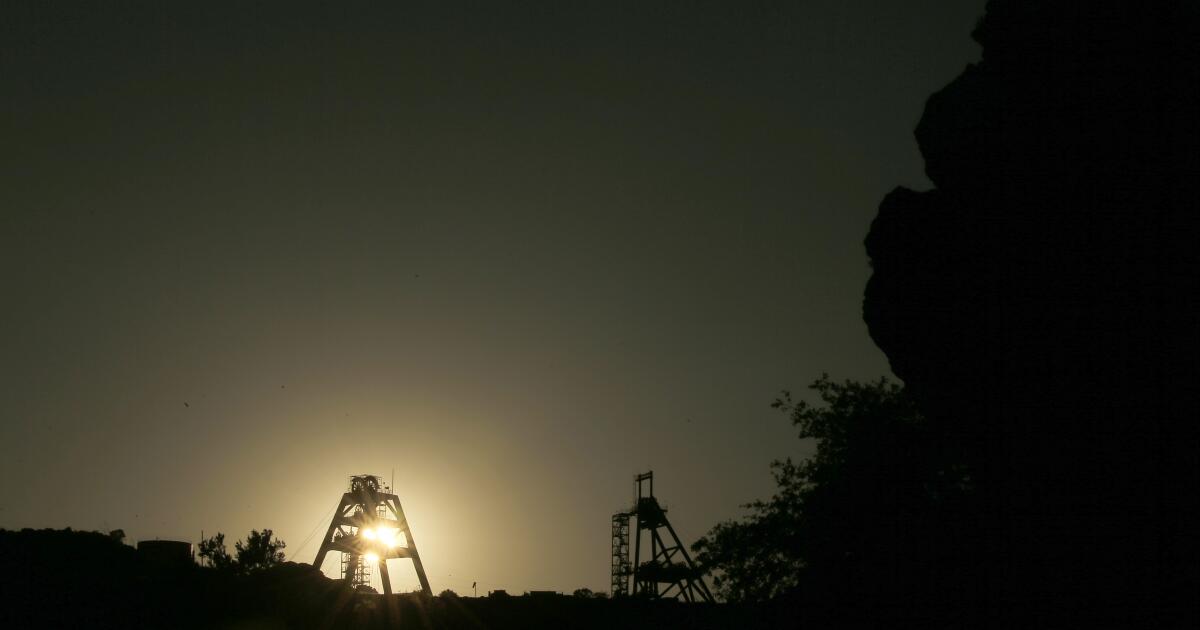Controversial UK oil field reveals climate impact if approved

The UK’s largest undeveloped oil field has revealed the scale of its environmental impact, if approved by the Government.
Developers of the Rosebank oil field have said almost 250 million tonnes of greenhouse gases would be released from the use of the field’s petroleum products.
The amount varies each year, but in comparison, the UK’s annual emissions in 2024 were 371 million tonnes.
The field developer said its emissions were “not significant” given the UK’s international climate commitments.
But opponents called it a “recognition of the vast damage climate change” the project will cause.
Rosebank is an oil and gas field located approximately 80 miles northwest of Shetland and is one of the largest unexploited fossil fuel discoveries in UK waters.
It is believed to contain up to 300 million barrels of oil and gas and is owned by Norwegian energy giant Equinor and British company Ithaca Energy.
The field was initially approved in 2023, but in January a court ruled that a more detailed assessment of the field’s environmental impact was needed, taking into account the effect on the climate of burning the fossil fuels extracted from it.
A public consultation is now open and will continue until November 20, 2025.
The final decision on whether to approve the field will be made by the Secretary of Energy.
Paul Morozzo, head of Greenpeace UK’s climate campaign, said the new figures were: “a brazen admission… of the vast climate damage that would be caused by burning Rosebank oil and gas.”
Until recently, these projects only had to take into account the environmental impact of fossil fuel extraction.
But in June last year the Supreme Court ruled that authorities must consider the impact of using these products, after a Surrey woman challenged the development of her local gas project.
The ruling was later used in a further challenge to the Rosebank oil field by environmental campaigners Uplift and Greenpeace – which was subsequently successful in January.
Equinor had to recalculate the “total impact” of the field and now estimates that it will contribute an additional 249 million tonnes of CO2, a gas that warms the planet, over the next 25 years.
This is more than 50 times higher than the initial figure of 4.5 million tonnes from oil and gas extraction.
Tessa Khan, executive director of environmental campaign group Uplift, said Rosebank would be the test of the government’s credibility on climate change.
“This huge oil deposit is not in line with the UK’s climate commitments. The world already has far more oil than can be safely burned,” she said.
The UK has set a target of producing zero additional emissions by 2050 and Energy Secretary Ed Miliband has stressed the need to move away from fossil fuels.
On Tuesday he told an industry conference that the UK’s dependence on fossil fuels was its “Achilles heel” and argued that clean energy was the only way to cut bills.
Fossil fuels for the Rosebank field are not guaranteed to be used in the UK but would be sold on the international market.
It is therefore unlikely that the project will have an impact on lowering gas prices. The UK’s independent climate advisers said in 2022 that any increased domestic oil and gas extraction would have “at most a marginal effect on prices”.
But Arne Gurtner, Equinor’s senior vice-president for the UK, has previously said that: “If the UK needs Rosebank oil, it will get it through open market mechanisms.”




